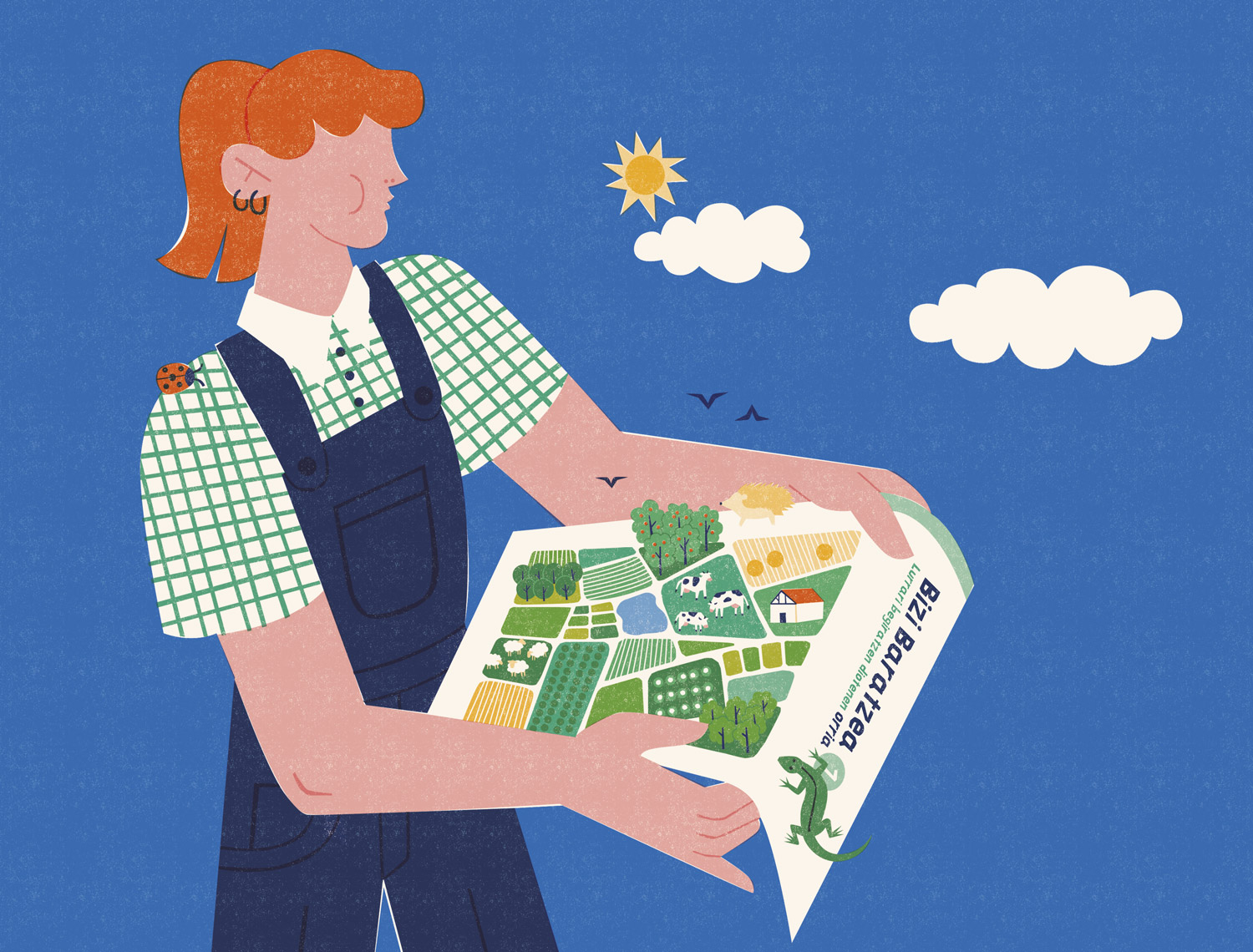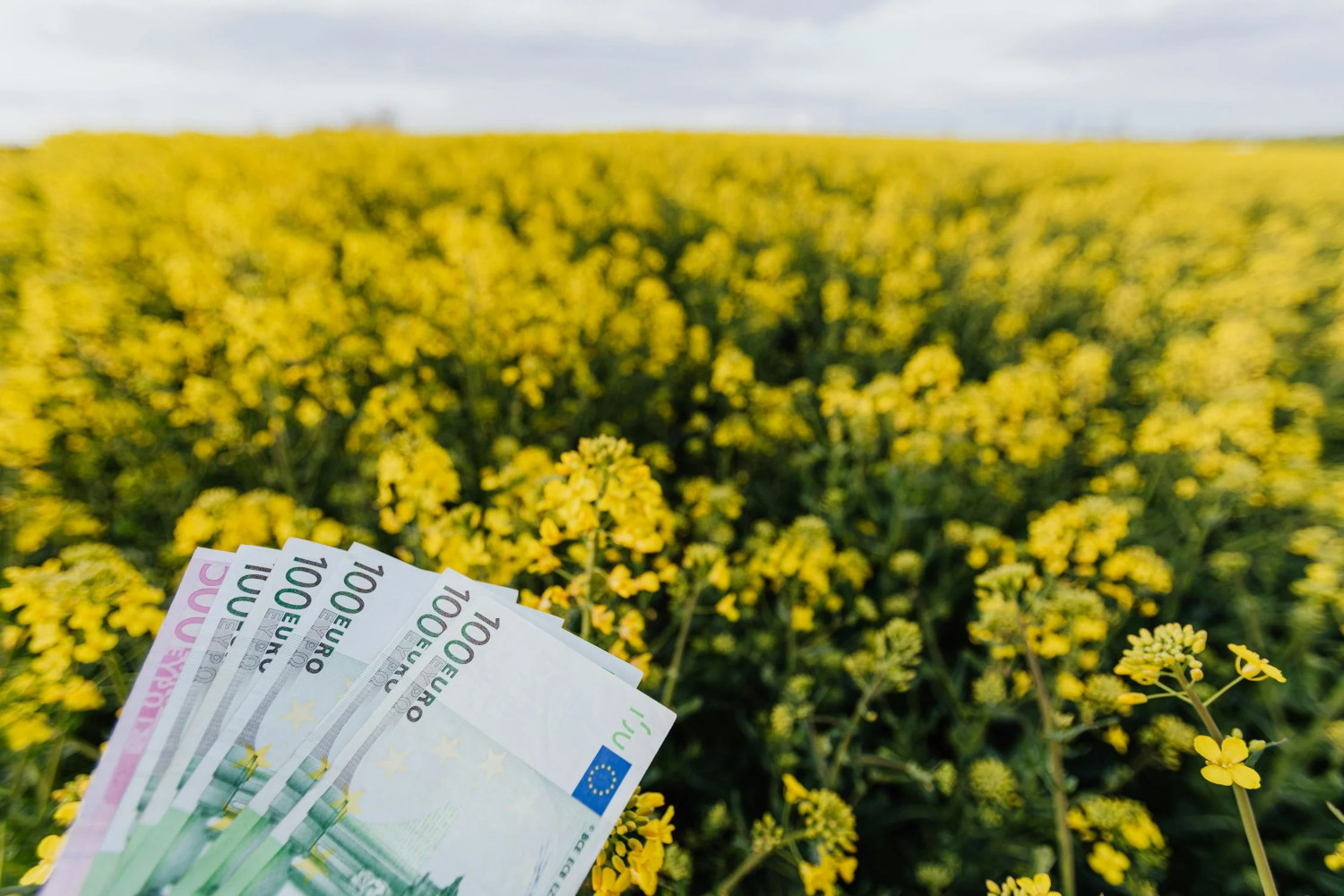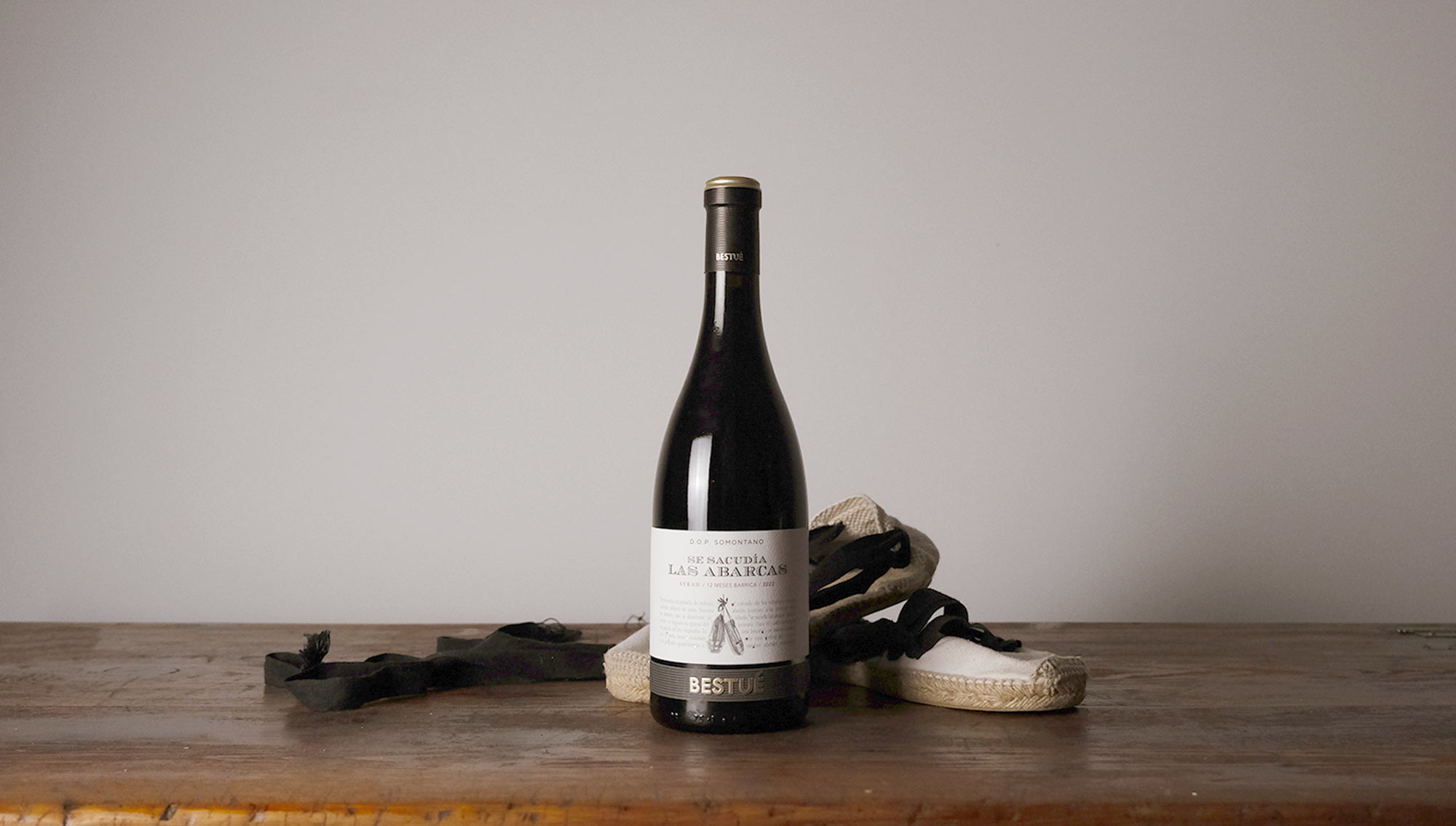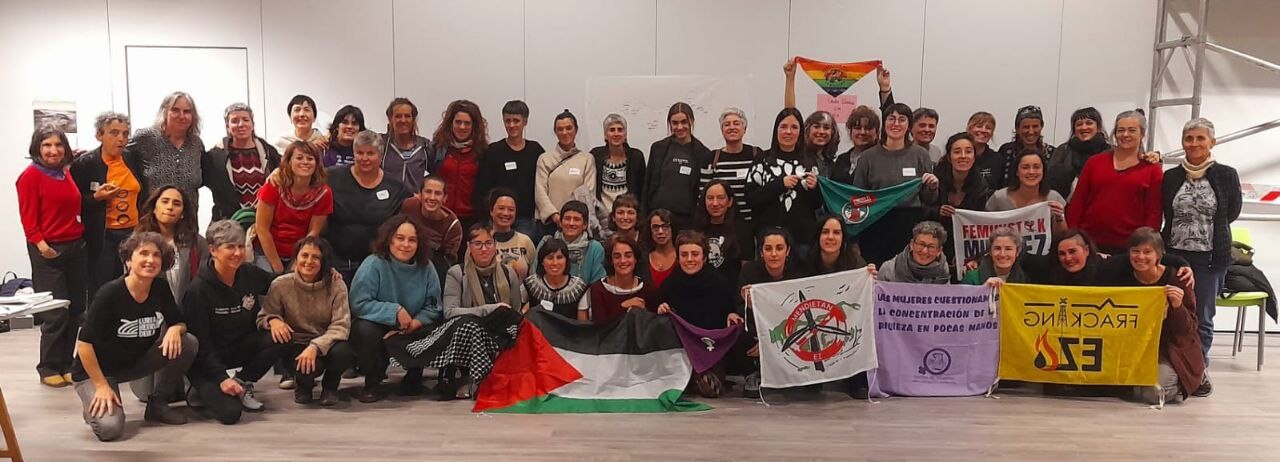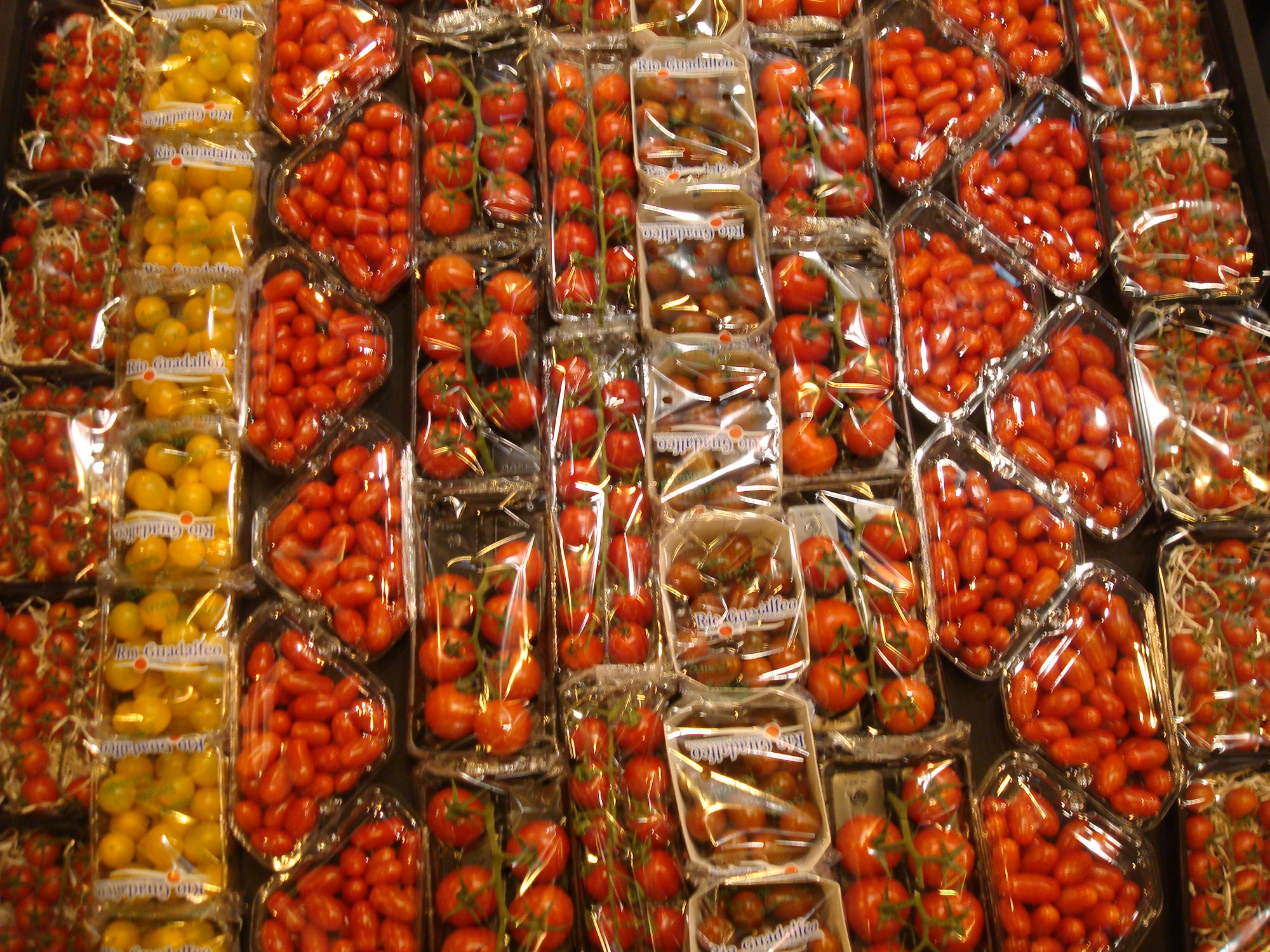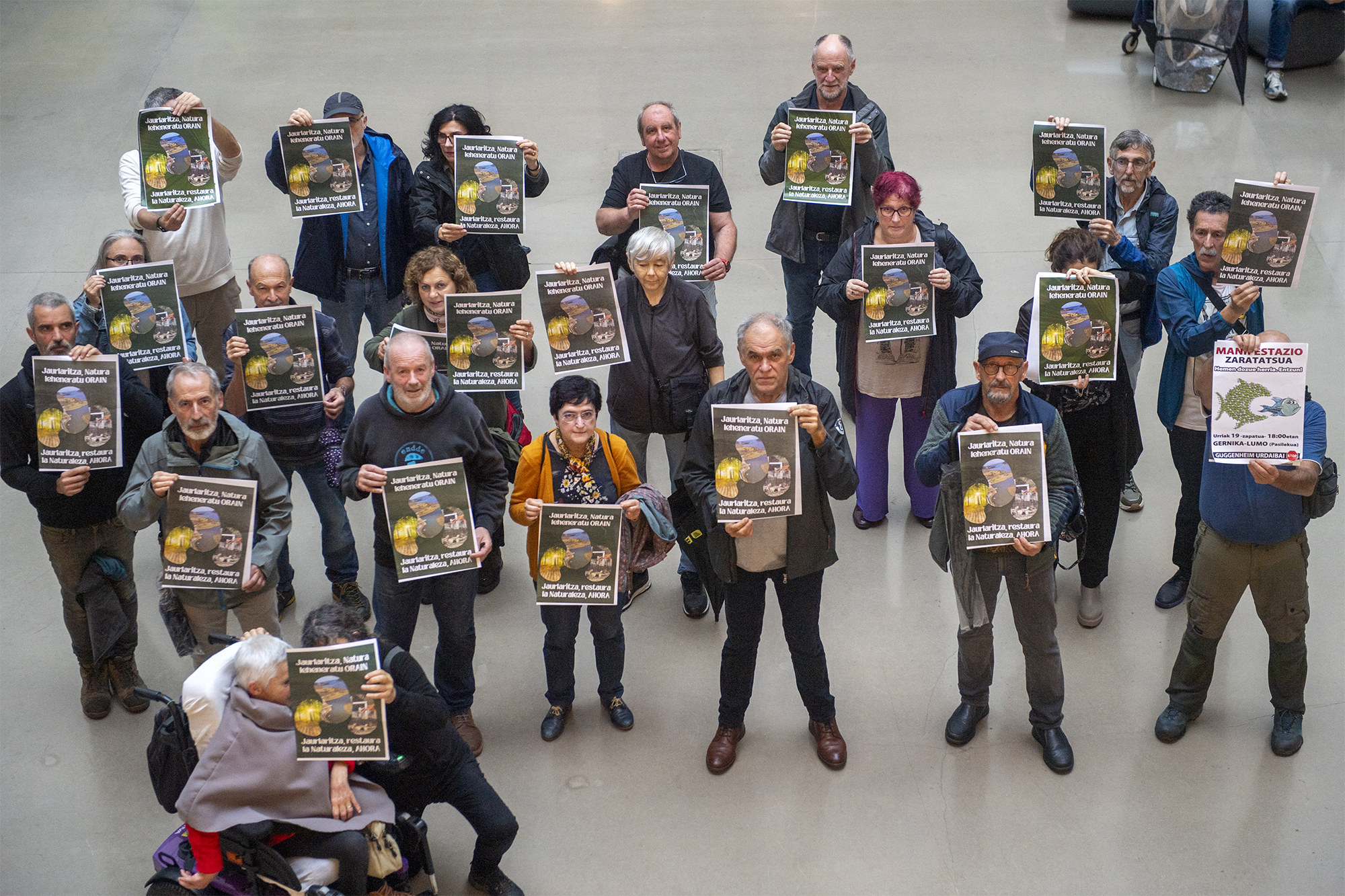"Family exploitation ended, One person cannot do everything and mortgaging the family is not the way"
- Mirian Otxotorena, President of the Navarro Council for Organic Agricultural Production, holds eleven meetings, calls and reports between cheese and cheese. He claims that boosting ecological production and social fatigue is key to the future.

Mirian Otxotorena. Pamplona, Pamplona, 1972
He studied Agricultural Engineering in Almunia de Doña Godina, Zaragoza (Aragon). He is the author of the pastor and the Axuribeltz cheese. In Iturgoyen it has 300 Latxan sheep and 15 mares grazing in Andimendi. Since 2021 he has been president of the Organic Agricultural Production Council of Navarra CPAEN-NNPEK.
Why did he change town to town?
The couple and I lived in Pamplona, but we decided that we wanted to live in a village. I've always wanted the field and I was clear that I wanted to do something. We started looking for house and village on the mountain, but it is not easy to find housing in the villages.
After many laps we went to my father's village, Iturgoyen. They left us part of the family house and we managed it.
Back then, I had a job in Pamplona in the EHNE trade union and I was moving. When my first child was born, I decided to stay in the village, because I didn't see everything compatible. At first I opened a farm with my sister and later I put sheep and mares and started making cheese.
How have you learned the trade?
Walking big legs and slowly. There was only one pastor left in the village. I only had 50 sheep and didn't make cheese, so I couldn't help myself much, and I started on my own. At first I wasn't clear what kind of cattle I'd put. I liked cows and mares, but I found the extensive growth of sheep in Andía and Urbasa and cheese making more viable. I also have mares, but I don't see that much performance. They adapt very well to this area, but since I do not have that meat, I saw it difficult to try to sell it.
What I see with cows is that they are more dependent on outside forage. The grasslands we have are adapted mejor.Ademas, with sheep's milk you can make cheese and other products and that seems to me more creative. Moreover we are there and every day we go up to Andía or Trinidad, in the morning and in the afternoon.
Today we have about 300 sheep and 15 mares. I make about 3,000 kilos of cheese a year and we sell directly at home, in the eaves of Pamplona and Estella and through Ekoalde we come to different collective dining rooms, consumer groups and shops.
This year we have had a dry and warm summer. How did he go for you? It is a very
bad year and we have had to emigrate. As there was not enough grass in Andimendi, we feared that the sheep would not be thinner and more fragile than necessary in the autumn. In that case, it may not have cover force and therefore bring fewer puppies. For the winter we have another run in the village of Garisoain, in the valley of Gesalaz. We usually carry the mares there because less snow ago, and in August of this year we have carried the mares and sheep. It's not as rich as the grass above, but at least if you eat it and you shouldn't buy grass and go up the mountain.
In many farms winter grass is now being grazed and in addition, for this winter there is little grass because in spring it rained little. I see the black future, but I see it that way since spring. We still have hope. Good storms would take the grass out because our land is very good for it. With little water comes good grass.
"In Navarra organic production is now 7%. Reaching 25% is possible, but to do so, effective measures must be put in place and change organised”
.jpg)
Experts say this summer has been the coldest from now on...
If this is the case, we must change our pastor life. In other places people need to leave agriculture, because we will have to do the same if things get twisted. We can endure a year with few fodder or transhumance, but if that is the case forever our life will disappear.
And what should we do?
We will have to respond as a society to that. We have been warned for a long time and we are still ignorant. Instead of coming up with global solutions, we are looking for individual solutions. I mean, if it comes too hot, I'll put air conditioning in my house. We individually think about how we're going to pass that heat, but without looking at what's behind it. We only think about our well-being.
Are we now more aware of the importance of our food?
These reflections are made by one, but not by another. There are very different perspectives in societies. For example, given the consequences of the war in Ukraine, some will tell you that the solution is to multiply its production. They prioritize production volume without taking shape into account. If chemical fertilizers and pesticides are required to obtain large quantities, interchangeably. The environment, sustainable agriculture, social farming -- they ignore it. Others, on the contrary, see that climate change requires profound changes in agriculture and livestock farming and are geared towards the ecological. It is true that the European Union has now made a reflection that it has never done before and that it has launched the Green Pact and strategies from Caserío to the table. For some people it is left with legs and for others it is too much, but at least it gives us a point of hope.
Is 25% of production expected to be organic by 2030? They have set
this as a target to reduce pesticides, antibiotics and hormones used in conventional production. Some believe that this is only a line of action, a kind of advice, but not an order that must be complied with. At least here in Navarre, the government committed to advancing this strategy in relation to the climate emergency. However, it is difficult to change all agricultural systems and structures overnight. To do so, we have to believe in it, and here in general we are still working forever. In Navarre, agriculture is very intensive, as in the whole of Europe. That is what has been driven in recent years and it is now going to cost a lot to turn it around.
Are we far from this objective in Navarre?
Now organic production is 7%. Reaching 25% is possible, but to do so we must put in place effective measures and organise change, otherwise organic farming will continue to grow, but at a very slow pace and we will lose the European train.
During the first half of this year, 108 new participants have joined the Navarro Council for Organic Agricultural Production (NNPEK).
How do you value it?
As NNPEK we value it very positively. We're now about 800. This year the CAP (Common Agricultural Policy) had subsidies for farmers who were discharged in organic production. The increase has been higher than in previous years, partly due to the subsidy from the Government of Navarra. It is clear that some have come more ecologically from the subsidy than from the conscience. That is where it can be debated. However, we now have about 70,000 ecological hectares, more than ever before, and that is good.
By sector, it is observed that in Arguedas and its surroundings, through cooperatives, the ecological production of cereals and rice has been promoted. In cattle, both sheep and cattle, new farms have been incorporated and in Lesaka an operator has been discharged to produce avocados. It is OK to try and if we manage to advance on different products, also welcome.
Is the “ecological” label appreciated?
We see more as recognition of what we do. In fact, in some markets it weighs more than in others. What I get the cheese, for example, doesn't care whether I have the seal or not, because it knows how and what it's made of, and that's what it seeks. With the mix we have created in recent years in agriculture and food, some consumers no longer know what is ecological, artisanal, natural... Some buy consciously, but others don't give it that much importance.
Where are the most organic products sold, either there or outside?
There's everything. Some of us want to sell in nearby markets and others face the challenge of selling in foreign markets. In Europe and elsewhere there is also great potential for organic consumers, more than here. Navarra has always been an exporter and large companies have joined organic production to maintain these markets. This is clearly seen in large companies in the Ribera. There are different consciences.
Is there an interest in the environment among young producers?
Very little. However, when new producers are informed, the number of women or the sector in which they are going to work is determined, but nothing is said about how it is produced. Making the presence of women in agriculture visible is important and satisfactory, but we should talk about the other.
If we want to join the European projects, we must support the fact that the new farmers who start up are 100% organic. It's easier to start with an agricultural model than to make the change afterwards.
Is it difficult for young people in general to start working in the primary sector?
Nothing easy. As agriculture is organised, it is becoming more and more difficult. There is a lack of land, people in the villages are hard to follow, and people are needed outside the sector. If we want a living rural environment, a social agriculture, we need young farmers. There are currently only 40 farmers under 30 in Navarre. I'm often told that I'm young and I'm 50 years old. There's something salty there. That is something we have to work on. We need the incorporation of young people, ecological integration and farming by farmers.
How can this be achieved?
Limiting industrial agriculture, otherwise managing the distribution of resources and subsidies. The new people coming in would have to have a salary, because you can't start working in agriculture and be able to live working elsewhere. At first it does not provide benefits and costs to start a farm. I think the family farm model is over. The only person cannot do everything and mortgage the family is not the way either. Today there are very few farmers and formulas must be sought among young people to collaborate in the villages. It's hard, but we need to look for ways for people to have free time and to do tailor-made work. Ideally, small cooperatives or associations should be set up to distribute work and time more adecuada.Hay such experiences here in the Basque Country and I believe that in the future it must be so, if I do not finish.
"Today there are very few farmers and formulas must be sought among young people to collaborate in the villages"
.jpg)
What is Ekoalde?
The distribution of some 70 organic producers is a platform. So we came together to both small shops and bars and collective dining rooms.
The area of collective dining rooms is the one that grows the most. We have started supplying the canteens of the children's schools in Pamplona and are now talking to the Hospital of Navarra to start with some products; and we are in contact with the home service, with more educational centers, with some elderly homes and with some companies.
The administration is also helping producers by promoting local and ecological issues. The presence in collective dining rooms, for example, has meant an organization between us and a diversification of products.
How do you value the Errigora
initiative?It is very positive from the point of view of the Basque Country, and also to value the production of the Ribera, from the point of view of the philosophy of food sovereignty. It is a strong awareness-raising initiative in many areas.
Are you satisfied with the Ecomercado you do in Pamplona once a month?
Yes. It seemed to us that we had to be in the city to give the opportunity to buy directly from consumers, at the same time it seems to us that the Ecomer is there, but in a very precarious way. We depend on the will of the City Hall and we do not have the possibility to do so on a monthly basis. Every year, by the Sanfermines in July and because the New Future market is in place in November, we cannot do it, but this year they also tell us that in October you cannot do it and another month there is no ping-pong competition. That's what happens because they don't really believe. We always give examples of fairs promoted by municipalities in other cities: Zaragoza, Madrid, Seville or Valladolid… Here in Navarre the markets of former producers were finished, unlike Gipuzkoa or Bizkaia, and we need the help of the municipalities, the problem is that they do not believe in this model.
Why did you accept the post of President of NNPEK?
Because I think you can do something for another model of agriculture. Being in this position allows you to hear the voice of some. As a society, I think we're toned. I'm pretty pessimistic in general. We're losing power to think. Everyone in their field always has things to fight. We must work and fight.
Is your life idyllic?
No! It's chaotic, but I've learned to live in chaos.
Gaur abiatu da Bizi Baratzea Orrian kide egiteko kanpaina. Urtaro bakoitzean kaleratuko den aldizkari berezi honek Lurrari buruzko jakintza praktikoa eta gaurkotasuneko gaiak jorratuko ditu, formato oso berezian: poster handi bat izango du ardatz eta tolestu ahala beste... [+]
Iruñean bizi ziren Iñaki Zoko Lamarka eta Andoni Arizkuren Eseberri gazteak, baina familiaren herriarekin, Otsagabiarekin, lotura estua zuten biek betidanik. “Lehen, asteburuetan eta udan etortzen ginen eta duela urte batzuk bizitzera etorri ginen”, dio... [+]
Euskal Herri mailan txikitik handira agroekologia sustatzen duten zenbait elkarte eta kooperatiba ataka larrian daude, finantziazio iturriak bertan behera geratu ostean. Erakunde publikoetatik, berriz, elikadura negozio gisa ikusten duten proiektuen aldeko apustu irmoa nabari... [+]
Gipuzkoako hamaika txokotatik gerturatutako hamarka lagun elkartu ziren otsailaren 23an Amillubiko lehen auzo(p)lanera. Biolur elkarteak bultzatutako proiektu kolektiboa da Amillubi, agroekologian sakontzeko eta Gipuzkoako etorkizuneko elikadura erronkei heltzeko asmoz Zestoako... [+]
Emakume bakoitzaren errelatotik abiatuta, lurrari eta elikadurari buruzko jakituria kolektibizatu eta sukaldeko iruditegia irauli nahi ditu Ziminttere proiektuak, mahai baten bueltan, sukaldean bertan eta elikagaiak eskutan darabiltzaten bitartean.
Ibon galdezka etorri zait Bizibaratzea.eus webguneko kontsultategira. Uda aurre horretan artoa (Zea mays) eta baba gorria (Phaseolus vulgaris) erein nahi ditu. “Arto” hitza grekotik dator eta oinarrizko jakia esan nahi du, artoa = ogia; arto edo panizo edo mileka... [+]









